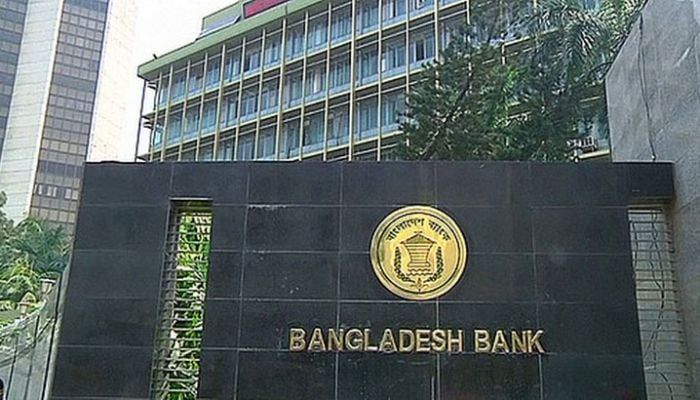
Desk Report
Publish: 28 Sep 2023, 02:17 pm

Central Bank || File Photo
The Bangladesh Bank (BB) is set to maintain its existing policy stance in the run-up to the national elections scheduled for January, with its primary focus on addressing declining foreign exchange reserves and avoiding printing money for government loans. However, once the elections conclude, the central bank plans to embark on a comprehensive overhaul of reserve management and the banking sector in collaboration with the incoming government.
These recommendations were presented by Sadiq Ahmed and Ahsan H Mansur, Vice-Chairman and Executive Director of the Policy Research Institute of Bangladesh, respectively. The BB and the Ministry of Finance have been seeking input from economists and stakeholders to navigate the twin challenges of dwindling foreign currency reserves and persistently high inflation over the past year.
According to Mansur, the BB and the government appear to agree with the suggested approach, acknowledging the limitations of making significant policy changes before the elections. However, post-election reforms are deemed essential, and preparations are already underway for this endeavor.
Immediate priorities include stabilizing the declining reserves and curbing government borrowing from the central bank. Finance Secretary Md. Khairuzzaman Mozumder emphasized the government's commitment to refrain from borrowing from the central bank and has initiated measures to reduce public expenditure.
Nonetheless, preserving foreign exchange reserves remains an ongoing challenge. Despite multiple measures, reserves continue to dwindle, with a 19 percent decline estimated in the first nine months of the year, according to Fitch, the American credit rating agency. As of the latest published data on September 26, the gross foreign currency reserves stood at $21.15 billion, sufficient to cover approximately four months of import bills at best.
Mansur emphasized the importance of closely monitoring reserves in the short term, especially leading up to the elections, to prevent destabilizing market sentiment. The government previously failed to maintain the minimum net international reserves required to access the second tranche of its $4.5 billion IMF loan.
After the elections, there will be a concerted effort to reform the banking sector, particularly state-owned banks. Reducing government expenditure will be crucial to prevent the central bank from resorting to printing fresh money, a practice that contributes to inflation. Last fiscal year, the government borrowed a record Tk 98,000 crore from the BB to cover its operational expenses, and this injection of funds, known as high-powered money, has exacerbated inflationary pressures in Bangladesh.
Central bank officials have conveyed their decision to halt funding the government through the printing of new currency. The BB is prepared to implement a range of measures aimed at improving the banking sector's health in collaboration with the incoming government.
Subscribe Shampratik Deshkal Youtube Channel
© 2024 Shampratik Deshkal All Rights Reserved. Design & Developed By Root Soft Bangladesh